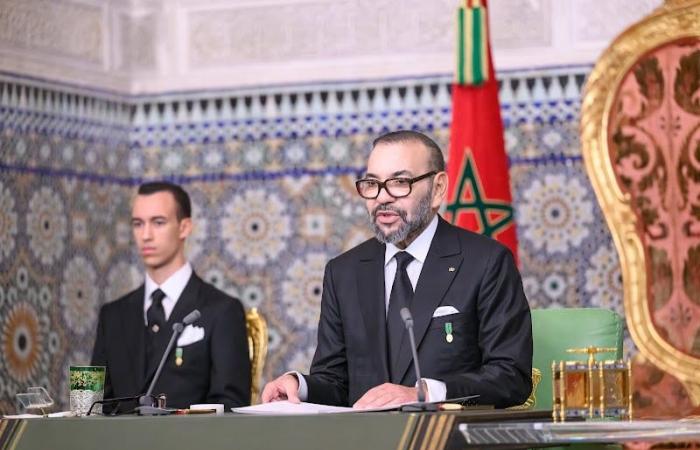
King Mohammed VI’s speech on the occasion of the 49th anniversary of the Green March came with prominent decisions aimed at bringing about a new transformation in the field of managing the affairs of the Moroccan community abroad.
In this regard, the King touched on restructuring the institutions concerned with the community, ensuring that specializations do not overlap and actors are dispersed, and that they respond to its new needs.
For this purpose, the letter adds, we directed the government to work on structuring this institutional framework, on the basis of two main bodies:
The first is the Council of the Moroccan Community Abroad, as an independent constitutional institution, which must fulfill its full role as a framework for thinking and presenting proposals, and reflect the representation of the various components of the community.
In this regard, King Mohammed VI called for accelerating the issuance of the new law of the Council, with the hope of its inauguration as soon as possible.
The second, according to the same speech, is the creation of a special body called the “Mohammadia Foundation for Moroccans Residing Abroad,” which will form the executive arm for public policy in this field.
The new institution will be empowered with the task of consolidating powers, currently dispersed among many actors, and coordinating, preparing and implementing the national strategy for Moroccans residing abroad.
The new institution will also, continues King Mohammed VI, manage the “national mechanism to mobilize the competencies of Moroccans residing abroad,” which we called for to create, and to make it at the forefront of its tasks.
This is to open the way for Moroccan competencies and expertise abroad, and to keep pace with the owners of initiatives and projects.
The King expressed his expectation that this institution, through the involvement of the relevant ministerial sectors and various actors, would give a strong impetus to the linguistic, cultural and religious supervision of members of the community, regardless of their generations.
“One of the most important challenges that this institution must address is simplifying and digitizing the administrative and judicial procedures that concern our children abroad,” says the king, who added that he is also keen to open new horizons for investments by members of the community inside their homeland. It is unreasonable for their contribution to the volume of private national investments to remain within 10%.





